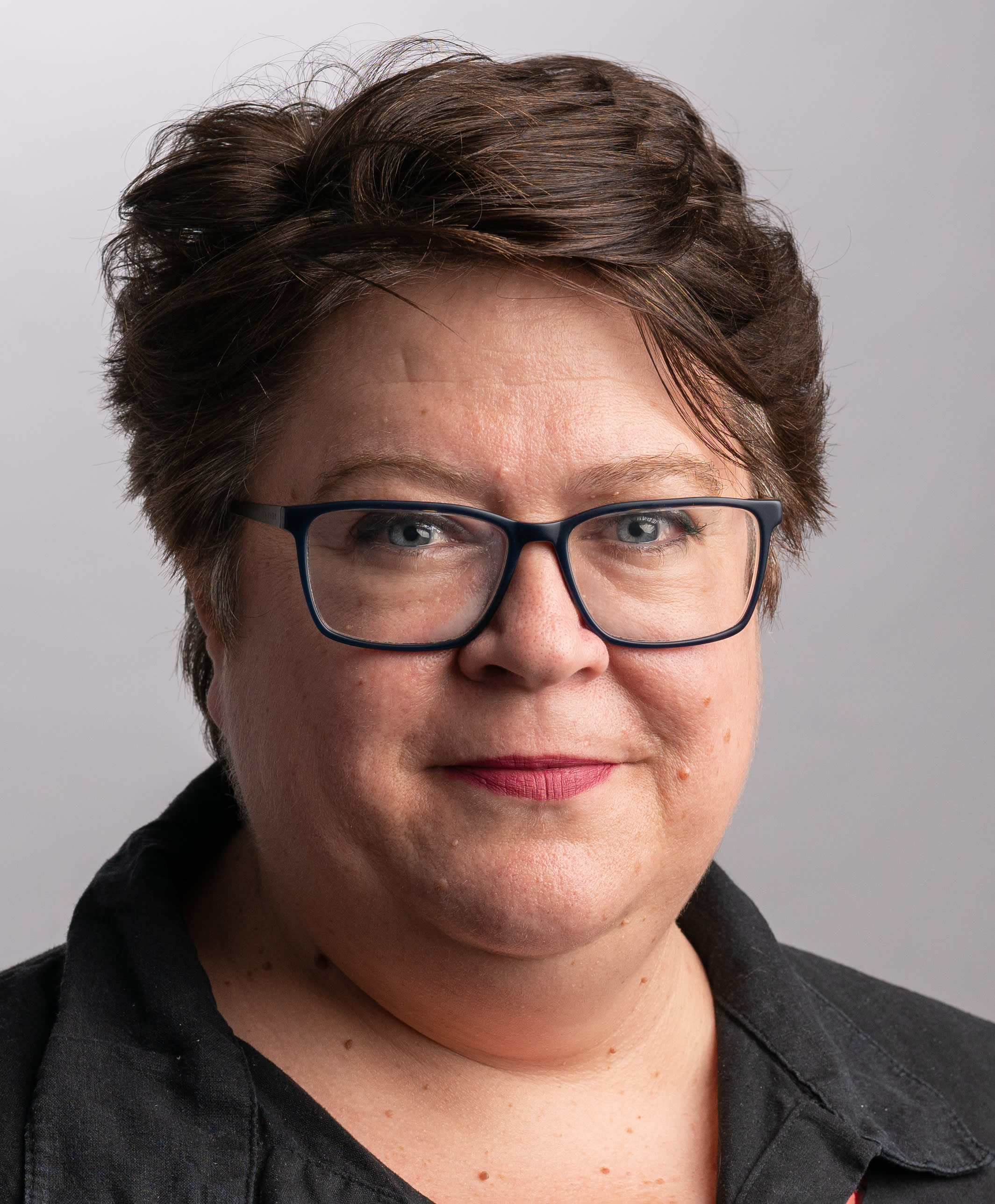“My background really is agriculture,” says Nick Evans, managing director and co-founder at Oxbury Bank, the UK’s first and only bank aimed at farmers. However, in addition to a history in the world of muddy boots and tractors, Evans spent 11 years at the Bank of Scotland, and 17 years leading a company he set up called First4Farming, later renamed Proagrica, which manages supply chain data for the agricultural sector.
That combination of a background in banking and an embrace of technological tools to solve problems led directly to the launch of Oxbury.
Career history: Nick Evans
- 2018: Oxbury Bank, managing director, co-founder
- 2000: First4Farming (now Proagrica), managing director, founder
- 1989: Bank of Scotland, senior director
- 1988: ICI, product manager
Evans says during his tenure at Proagrica he got to see agriculture as a global business and experienced farms from all over the world. “What I got to understand was that British farmers are some of the best farmers I saw and yet, what was also clear was that they were not being supported with the funding they needed to take advantage of all the opportunities that there are,” he says.
There are a number of global banks that have their origins in agriculture, such as Rabobank, Crédit Agricole and the Agricultural Bank of China. Having obtained a banking licence in 2021, Oxbury is the same, but “just doing it with new technology”, he says. The UK bank’s lending and savings accounts are accessible 24 hours a day via an online platform and mobile app, where bills can be queried and monthly outgoings can be monitored. Relationship managers are also available via the platform for advice.
Oxbury calls its cloud platform and open application programming interface-based system a “unique input finance facility”. Its working capital management services allows farmers to buy essential materials via an approved list of suppliers. The farmers can then settle invoices when it suits their cash flow.
“Farmers want just quick decisions, they want quick execution, they want efficient execution, and they want competitive pricing,” says Evans. Oxbury’s digital platform “allows us to deliver that”.
However, Evans feels that many incumbent banks are not as focused on the sector as they had been in the past. Specialised teams focused on the farming sector have been “withdrawn”, he adds, “which has left the market wider for us”.
While farmers aren’t necessarily unique in their needs, Evans feels they need someone at a bank who understands the realities of farming and the cash flows, understands how farmers talk, and understands the current climate environment and the risks associated with it. All of that understanding allows the bank to be able to “make an informed lending decision about that customer”, he adds. “You can’t do that if you don’t really understand the sector.”
“All farmers have lumpy cash flows,” says Evans, that are impacted by the basic economies of growing, harvesting and selling crops as well as the lifecycle of livestock. “It’s the sector that’s probably the most exposed to nature risk,” he adds.
Oxbury also collects data from their customer base, which is attached to the farm record via the core banking system. The data is used to support the bank’s risk assessment process as well as assist farmers in their transition to net zero. Soil carbon, biodiversity, climate emissions, energy consumption and pollution are among the indices collected.
The first step is looking at everyone’s farming environment, says Evans. An example would be looking at how many cows are on a farm, how they are being fed, the rate of replacement, he adds. That determines the amount of carbon being produced and how much carbon is being stored in the soil.
Oxbury also runs the “New Gen” programme, which aims to support start-up businesses in the agricultural sector with founders between the ages of 18 and 40. According to the UK’s Department for Environment, Food and Rural Affairs, the average age of Britain’s farm owners is now 59, with farmers aged 65 and over forming the largest group. Just 3 per cent of farm owners are aged under 35.
“We need to bring new entrants into the sector, but agriculture is a very capital-intensive business,” says Evans. “What Oxbury does is it works with a new generation of farmers, people who are typically from outside the sector, or who have been trained and worked in farming to get their foot on the farming ladder.”
For founders who get accepted to the programme, Oxbury will provide up to 100 per cent of the financing required; depending on the business plan the applicant may not need to input any finance themselves.
Business and financial advice is provided through a panel of independent national and regional farm advisory services to help create, and then track, the delivery and progress of the business plan.
“Of all the things we do, New Gen is the most motivating,” he adds. “Because we meet people who are completely determined. They want to make a difference, they want to change, they want to change the world.”













